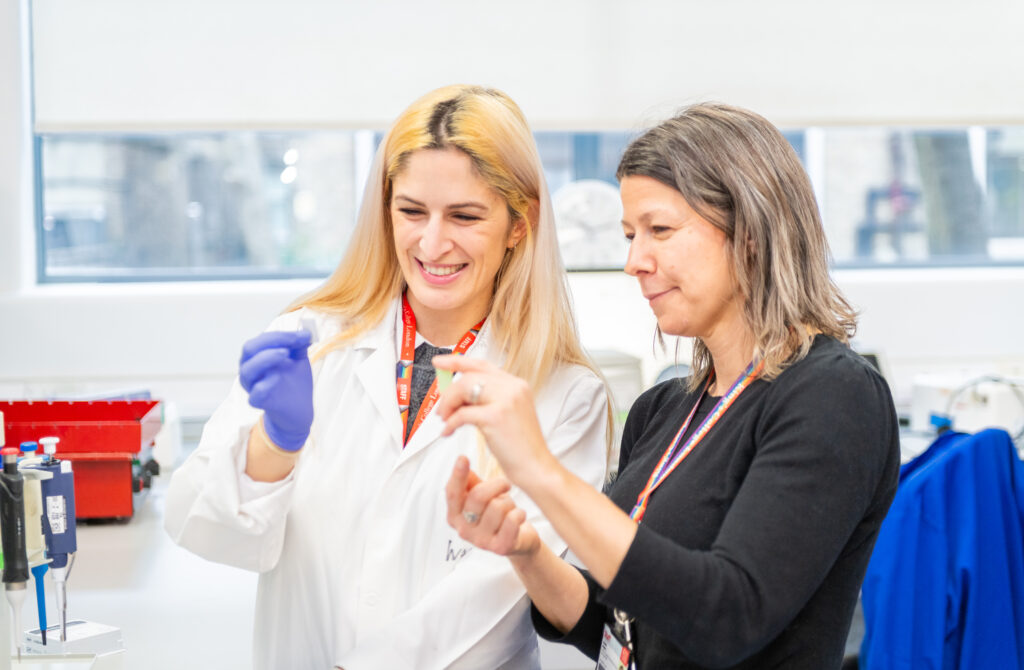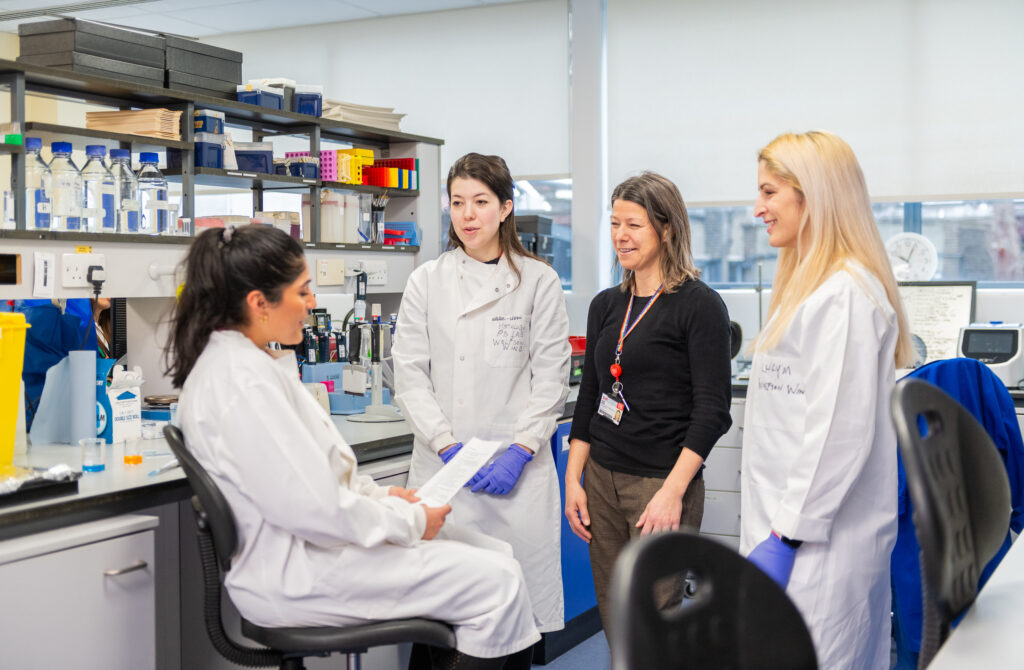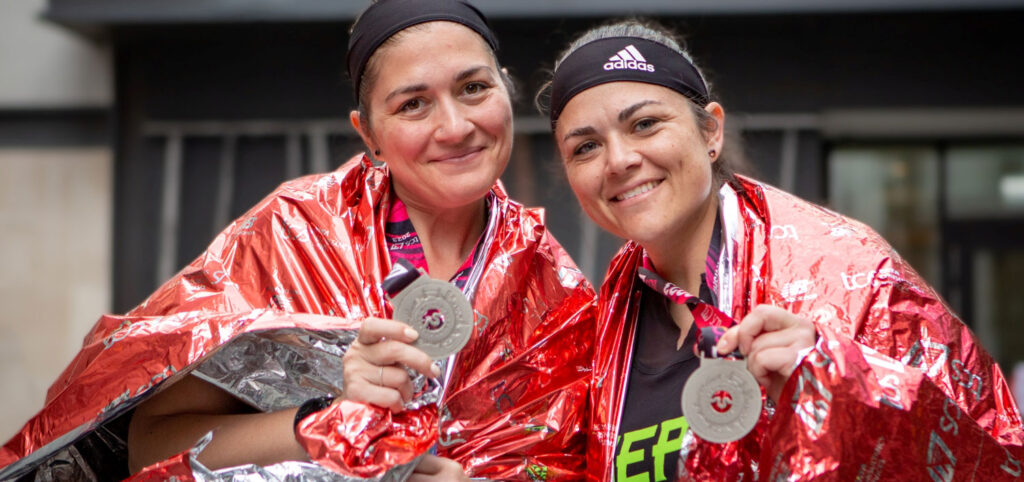Thousands of people paralysed after a spinal cord injury could benefit from major new UK research which brings together a coalition of charities, hospital and university researchers.
The potentially life-changing ImPRESS project at the London Spinal Injuries Centre (LSIC) will look at whether spinal cord stimulation technology can help recover bowel function.
Spinal Research, the UK’s leading charity funding world-class medical research into restoring movement and function following a spinal cord injury, is driving clinical pilots in this area.
Funding has already been channelled into a collaborative study between the LSIC and University College London looking at the potential of non-invasive spinal cord stimulation to restore bladder function.
Thanks to a £300,000 targeted donation from Spinal Research partners the Injured Jockeys Fund, researchers will now focus on the use of implantable spinal stimulation technology to restore bowel function.
Lt Col David Baxter, Consultant Neurosurgeon and Spinal Surgeon at the Royal National Orthopaedic Hospital, Stanmore, is leading the trial with UCL Associate Professor Dr Lynsey Duffell.
He said: “Existing bowel management techniques are far from ideal as around half of people living with spinal cord injury continue to experience incontinence, constipation and infections. In some cases, poor bowel management can lead to serious medical problems which, if not treated, can result in a stroke or even death.
“We have compelling evidence that neuromodulation of specific nerve roots could meaningfully enhance bowel management after SCI and it’s crucial to translate these benefits to people.”
Recruitment for the groundbreaking trial starts this summer. Details will be published on SCItrials.org and participants can register their interest by emailing: Hannah.houliston@nhs.net
The stimulation technology will initially be trialled in hospital with participants who respond well being offered a fully implantable epidural stimulator for use at home alongside a programme of pelvic floor muscle training.
Every four hours someone in the UK is paralysed after a spinal cord injury with around 60,000 people living daily with the devastating consequences.
This includes the loss of bladder, bowel and sexual functions which have a huge impact on quality of life, health and dignity.
Spinal Research Chief Executive Harvey Sihota said: “Curing paralysis is a journey of restoring the functions stolen by a spinal cord injury and it’s one we have now started. Restoring functions like bowel and bladder will make such a huge difference to the quality of life of millions of people.
“I’m very excited about where things are heading. Curing paralysis will be the medical breakthrough of the 21st Century but we really do need a substantial increase in funding to accelerate the translation of the science into meaningful treatments.”
Over the last 60 years, the Injured Jockeys Fund has helped thousands of injured jockeys and their families and CEO Lisa Hancock said: “This exciting research project is something we have been working towards for a while and we are delighted that it is now coming to fruition.
“At the Injured Jockeys Fund we continually see the devastating consequences of spinal injuries and hope that this could be the start of truly life changing research to benefit those suffering from them.”




